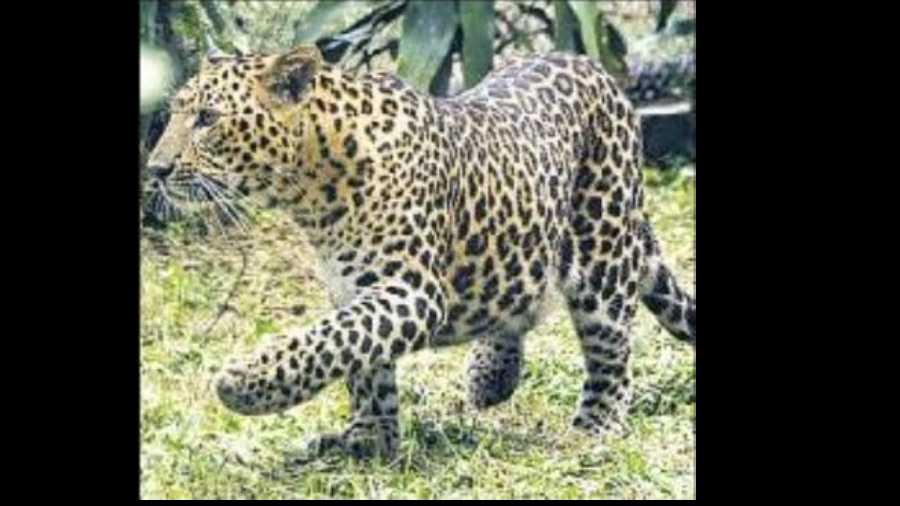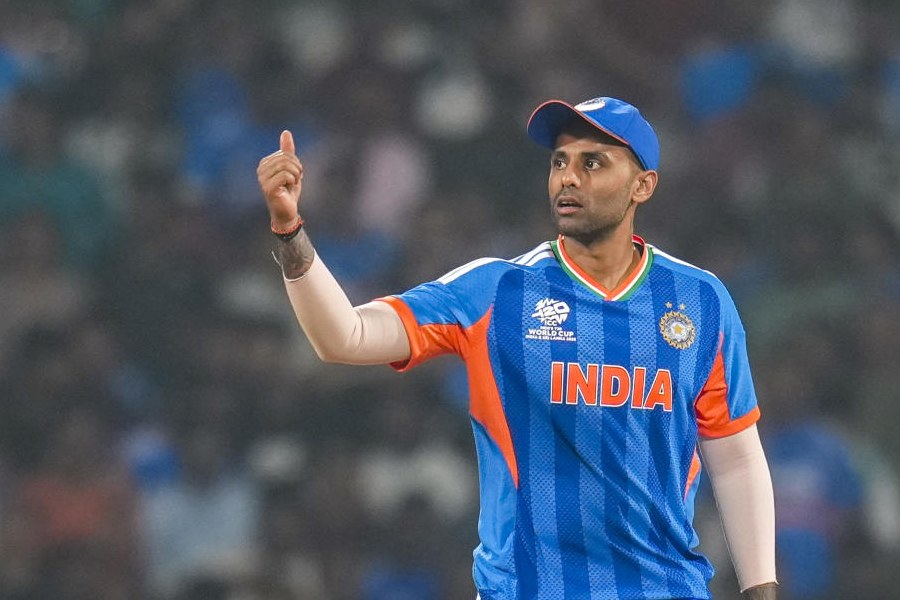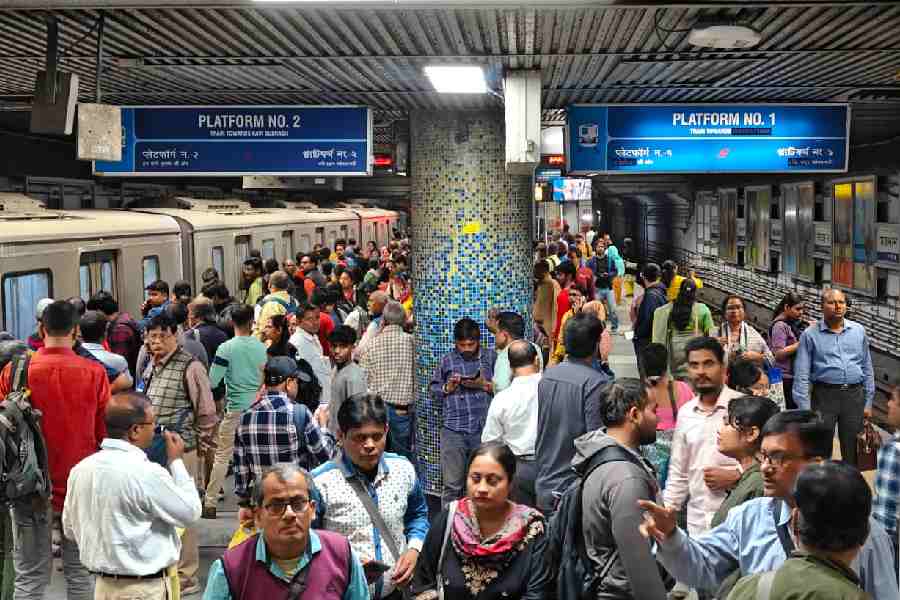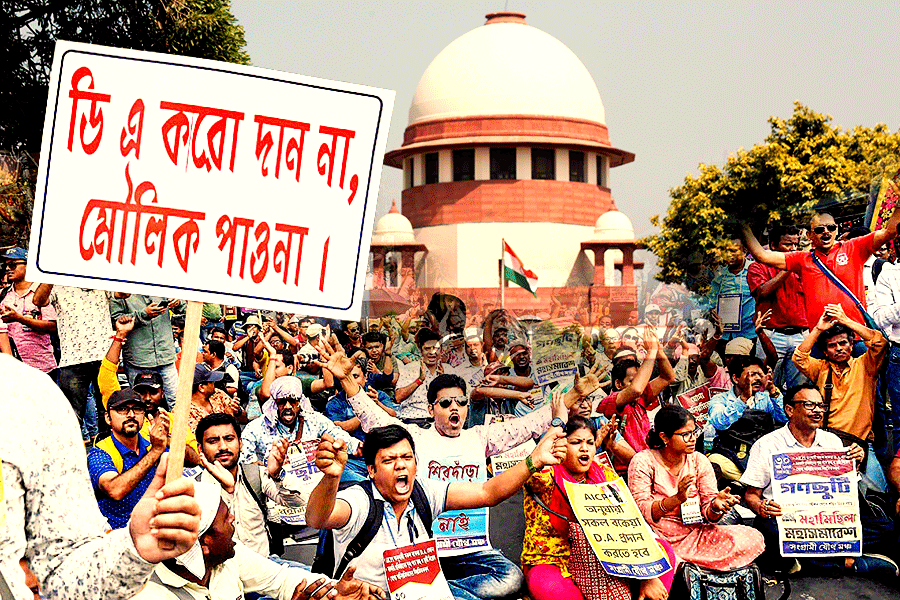India and Namibia on Wednesday signed a memorandum of understanding (MoU) for the reintroduction of cheetahs, declared extinct in the country in 1952.
A senior environment ministry official said the first batch of four male and as many female cheetahs would arrive from Namibia in August.
“Talks are on with South Africa too. An MoU will be signed with them as soon as we get approval,” the official said.
The fastest land animal in the world will find a new home in the Kuno-Palpur National Park in Madhya Pradesh’s Sheopur district. The cheetahs are likely to be brought to India before August 15, another official said.
The cheetah is the only large carnivore that got completely wiped out from India, mainly because of hunting and the loss of habitat. The last spotted feline died in 1948 in the Sal forests of Chhattisgarh’s Koriya district.
Namibia has the world’s largest population of cheetahs. According to the pact, the two countries will share and exchange expertise and capacities to promote cheetah conservation in their ranges.
They will collaborate in areas of climate change, environmental governance, environmental impact assessments, pollution and waste management and undertake an exchange of personnel for training and education in wildlife management, including sharing of technical expertise.
At the first wildlife board meeting of independent India in 1952, the government had “called for assigning special priority for the protection of the cheetahs in central India”, and a “bold experimentation to preserve the cheetah” was suggested.
Subsequently, negotiations commenced with the Shah of Iran in the 1970s for bringing the Asiatic cheetah to India in exchange for Asiatic lions.
Kuno National Park (KNP) in Madhya Pradesh was considered ready for receiving cheetahs as a lot of investments had been done in this protected area for reintroducing Asiatic lions, which are also an endangered species.
Spread over 748sqkm, KNP has an adequate prey base. It is devoid of human settlements, forms a part of the Sheopur-Shivpuri deciduous open forest landscape and is estimated to have a capacity to sustain 21 cheetahs.
KL Rahul down, too
In other news, India vice-captain KL Rahul has also tested positive for coronavirus and is likely to miss the West Indies series. The jolt comes while he was recovering after the recent surgery at the National Cricket Academy and was set to travel to West Indies later this week.










